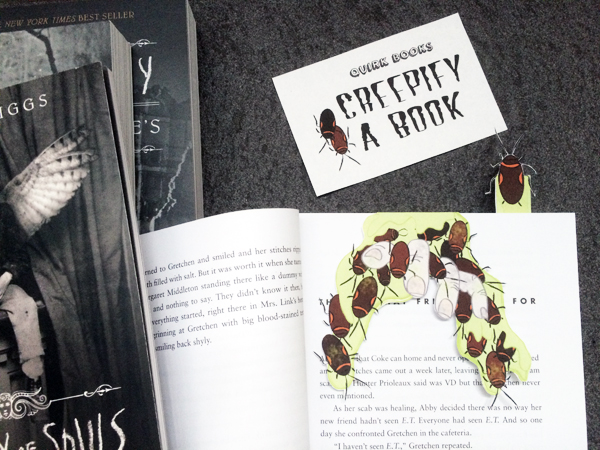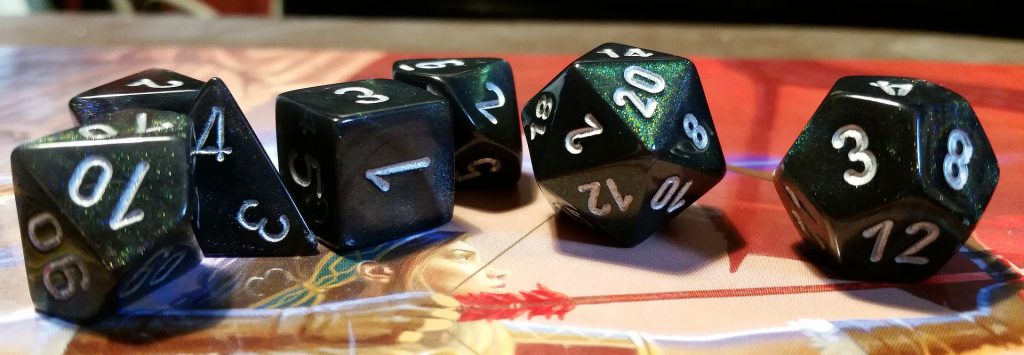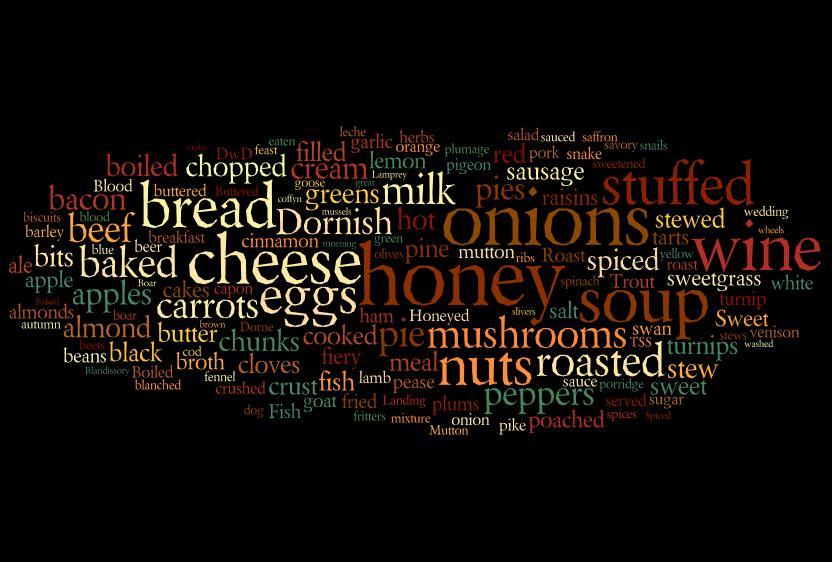Game-of-Thrones-ify Your Name with the Power of Palaeography!
Admit it: you wish your name were more interesting. A rose by any other name might smell as sweet, but a Daenerys just wouldn’t sound as awesome if she were a Dana (no offense, of course, to the Danas of the world—I’m sure you’re all lovely people).
Westerosians get names full of weird letters and strange spellings, but we normals are saddled with names that are…kinda boring. Luckily, English has a vast, rich, and totally weird history of being spelled completely differently, once upon a time. Forget your first pet’s name or the name of the street where you grew up—all you need to spiff up your moniker are a few forgotten graphemes. Swap out the appropriate sounds in your name for their ancient equivalent and you’ll be mistaken for an Enya album in no time.
The letter: thorn
Pronounce it: soft th as in thick
Type it: On a Mac, enable “U.S. Extended” keyboard, then OPTION + T (plus SHIFT for capital)
Ever wondered why everything at the Renaissance Faire is called Ye Olde Such-and-Such? Blame thorn. This voiceless dental fricative (say that five times fast) bears a striking resemblance to a Y in its capital form (it’s actually slightly different, but decoding Ye Olde Handwrytynge isn’t always an exact science for the discerning readers of today). The modern th took its place in English around the 14th century, but thorn persists to this day in Icelandic.
Use thorn for maximum mystique in given names like Elizabeþ, Seþ, and Caþerine, and last names like, well…Þornburgh (or should that be Þburgh?)
The letter: y
Pronounce it: ee or ih
Type it: Right in the middle of good ol’ QWERTYUIOP, champ
Not to be confused with its orthographically-similar consonantal cousin (see above), y is a handy vowel for ystant yntrygue in Englysh. Known in Latin as the i Graeca, or “Greek i,” y took on its i-sound around the time of Middle English, and then become the wye sound we all know and love through the long and dramatically-named Great Vowel Shift, a series of phonetic evolutions spanning the 14th to 18th century.
Any name with i will look much more Westeros-y with a y swapped in: Chrys, Stephanye, Emyly, Gabryel, or (hi again!) Blayr.
The letter: ash
Pronounce it: somewhere between a and e, either like the short a of cat or like the long i in fine
Type it: On a Mac, ALT + ‘ (plus SHIFT for capital)
Ash is possibly the coolest way to give your name a mediæval flær. As not only a diphthong (two vowel sounds in one) but also a weird Siamese twin of a character (two letters in one), you’re getting maximum bæng for your buck in one stroke of the keyboard (or pen—it’s really fun to write on paper).
Æ has at least three distinct pronunciations, depending on the era and geography, so feel free to use it wherever it seems æppropriæte (we’re not striving for historical accuracy here, æfter all). Turn Ellen to Ællyn or Andrew to Ændrew (apologies to the Michaels of the world, for whom this is less a new look and more of a slightly tighter kerning. Myght we suggest a nice Mychæl?)
The letter: ƿ (wynn)
Pronounce it: Just like w
Type it: Good luck, unless you’re down with Unicode (in which case: U+01BF)
I get what you’re thinking, and yes, this does look an awful lot like thorn and y. Runes—what can you do? See, originally, Old English had a totally logical double-u to represent the w sound, but apparently that wasn’t good enough for some scribes, who decided to swap it for the runic wynn. The rune stayed in use until around 1300 when everyone came to their collective consonantal senses and started using uu (and eventually w) again. The upside is that, unlike boring old Latin letters, runes have all kinds of mystical meanings. Ƿ means “joy, bliss,” which isn’t a bad thing to have in your name…especially if you end up in Westeros. Er, Ƿesteros?
It’s also easy to put it in your name, ƿhether you’re a Ƿilliam, Ƿhitney, or Ƿilla. Looking aƿesome already.
So get a new driver’s license, update your Facebook profile, and invent yourself a new alphabet song, because I guarantee that your new-and-ymproved æpithet will command respect and inspire jealousy—or my name isn’t Blæyr Þornburgh.

Blair Thornburgh
BLAIR THORNBURGH is a graduate of the University of Chicago, where she earned a B.A. in medieval studies and delivered a pretty good commencement speech. She lives in Philadelphia.



